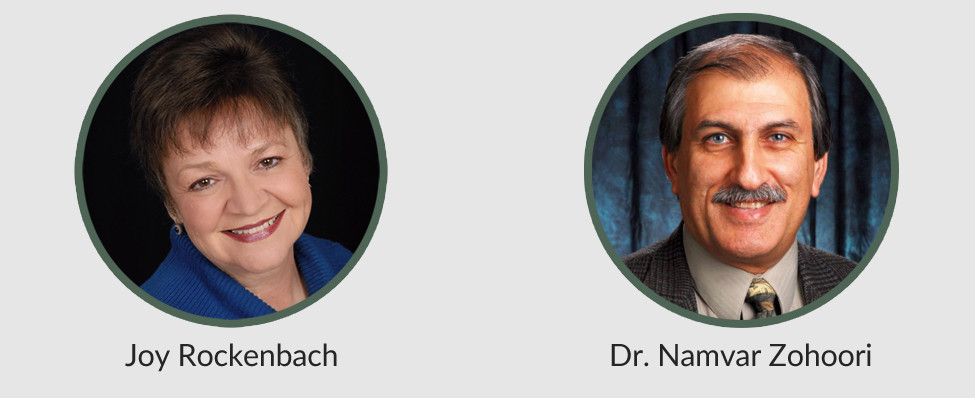A Healthy Home Starts at The Family Table

We asked two Arkansas Department of Health experts to share their expertise on keeping your family tables healthy and your hearts full.
Dr. Namvar Zohoori is the Director of the Center for Health Advancement for the Arkansas Department of Health and an associate professor adjunct for the Department of Epidemiology at UAMS. Joy Rockenbach is the President of Arkansas Coalition for Obesity Prevention and the Act 1220 Coordinator for the Arkansas Department of Health.

FIT Arkansas: Why is it so important for children to establish healthy eating habits right away?
Rockenbach: The earlier we learn good healthful habits, the more likely we are to carry those into adulthood.
Zohoori: Food preferences are partially determined by genetics and partially by environment. Some people have genetically determined taste preferences or dislikes. However, the majority of our food habits and preferences are determined by our attitudes and what we are exposed to, and those are learned and set at a young age. We know that fruits and vegetables are a very important part of a healthy diet, and they need to be included in all diets from an early age.
What’s your advice to parents struggling to increase their children’s intake?
Rockenbach: First of all, model the behavior you want your children to have. If children see their parents NOT eating certain foods, making faces or derogatory remarks, they are not likely to even try let alone like healthier foods. Make it available! Make it easy! Don’t make a big deal out of it! Stop letting children make the decisions about what and where they eat.
Zohoori: Don’t give in to children’s demands for something different or other than what is offered at the table, and help them see fruits and vegetables as a major source of snacks.
What about the really picky eaters—what can parents do?
Rockenbach: I think we have this idea that our kids just won’t eat certain things and, in truth, young kids really like less complex foods better. I have seen so many kids pick vegetables from gardens they have helped work in and eat just because they grew it! Or try letting them help you prepare the food for family meals.
How important is it to eat locally sourced produce? Organic?
Zohoori: Buying local has two main effects. No. 1, it supports local farmers and the local economy. No. 2, it forces us to eat more seasonally available foods, and therefore fresher foods that are more likely to be tree ripened (rather than ones that are picked green, transported long distances and then force ripened in warehouses with gaseous mixtures designed to promote ripening). This assures greater levels of nutrients.
Rockenbach: I think eating organically grown is important because there is no doubt that hormones and antibiotics are doing a real number on all of us. But I also recognize it uses a bigger chunk of our families’ food budget to buy locally sourced and organic.
Zohoori: I’d rather see people eat more fruits and vegetables that they can afford, rather than eat fewer fruits and vegetables. One middle ground is to buy organic fruits and vegetables that are more likely to be treated with the pesticides and other chemicals such as apples, tomatoes, grapes, strawberries, peppers, etc.Some of these are also fairly easy to grow in a backyard plot planter.







